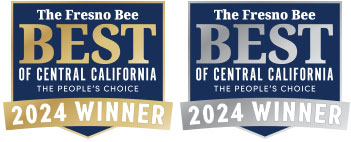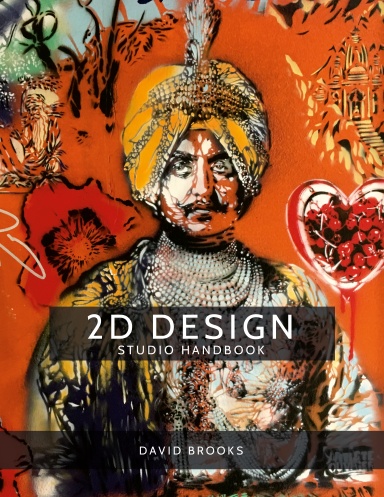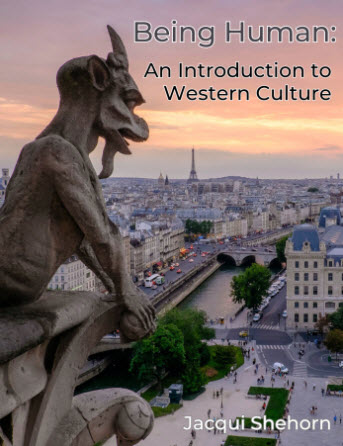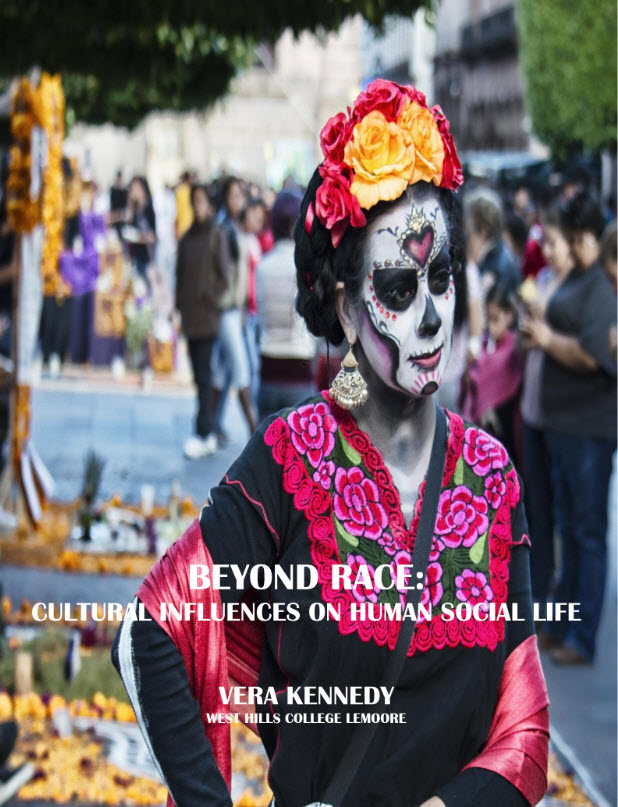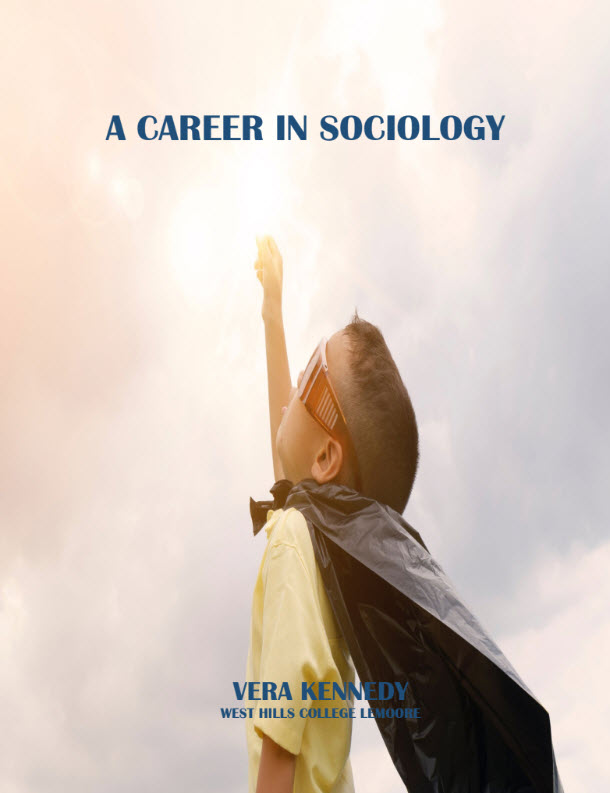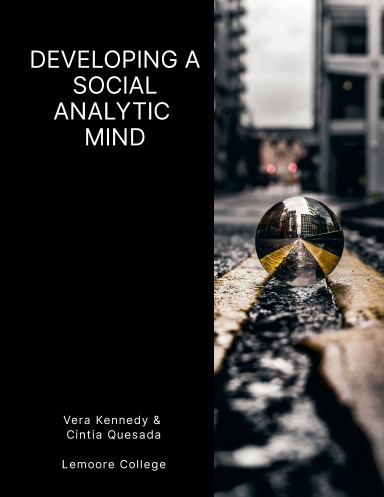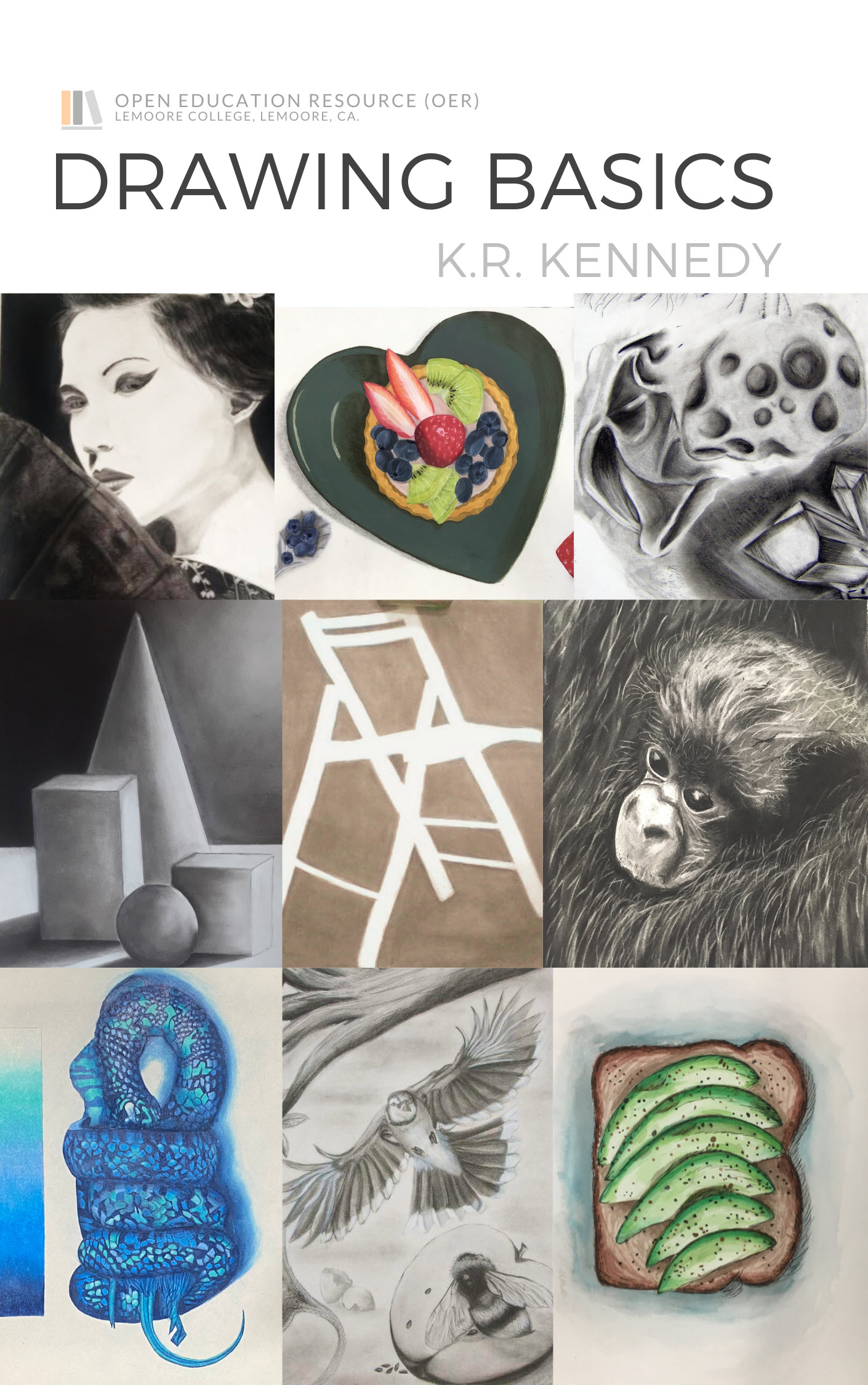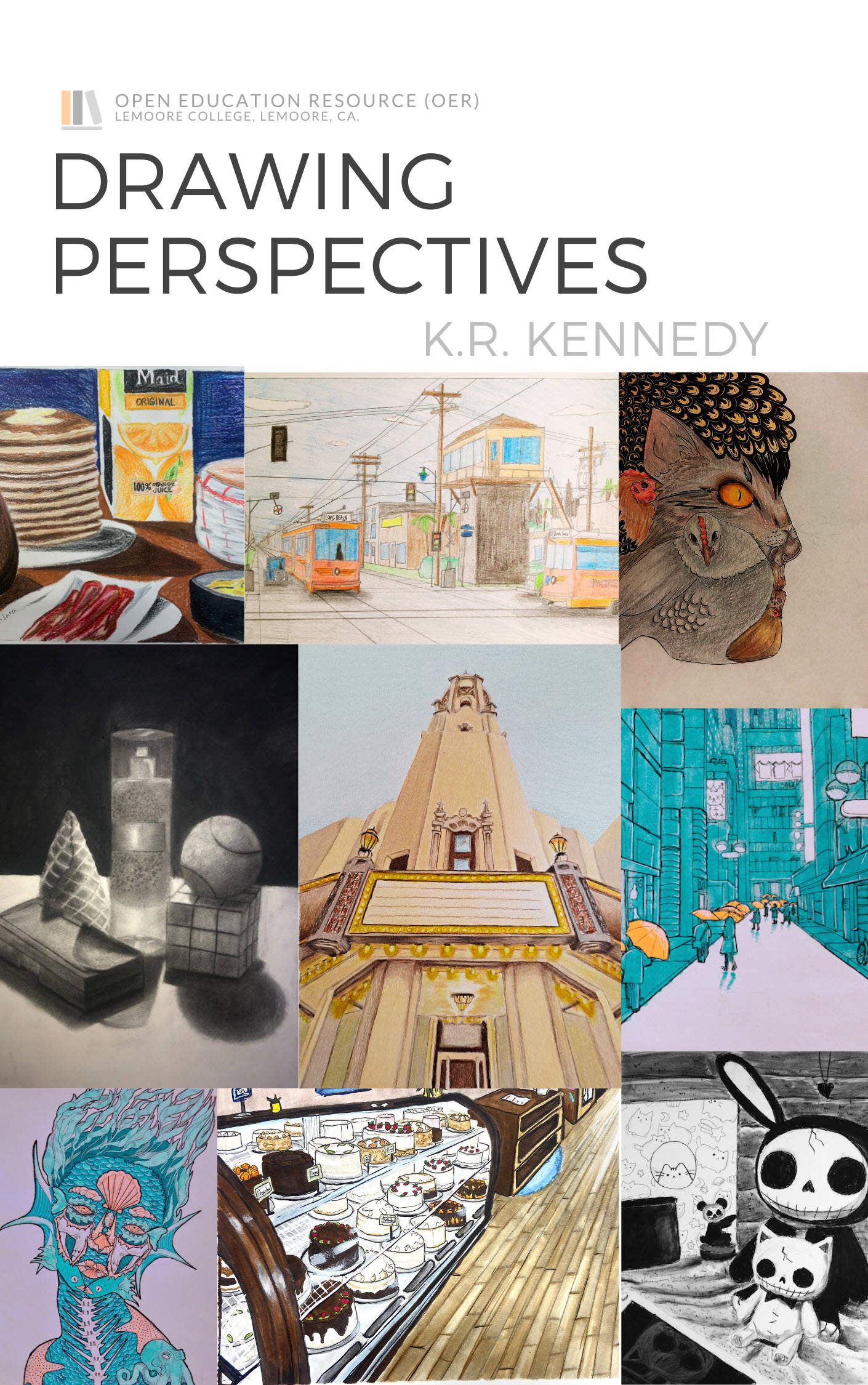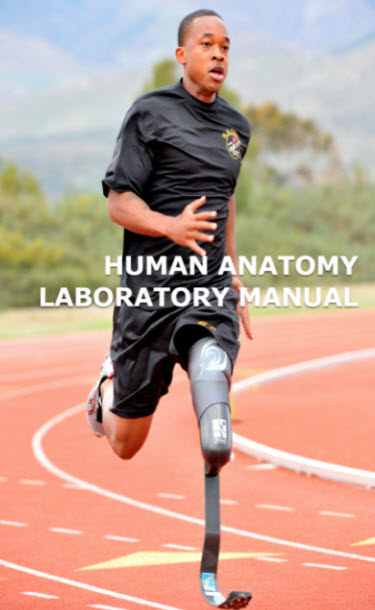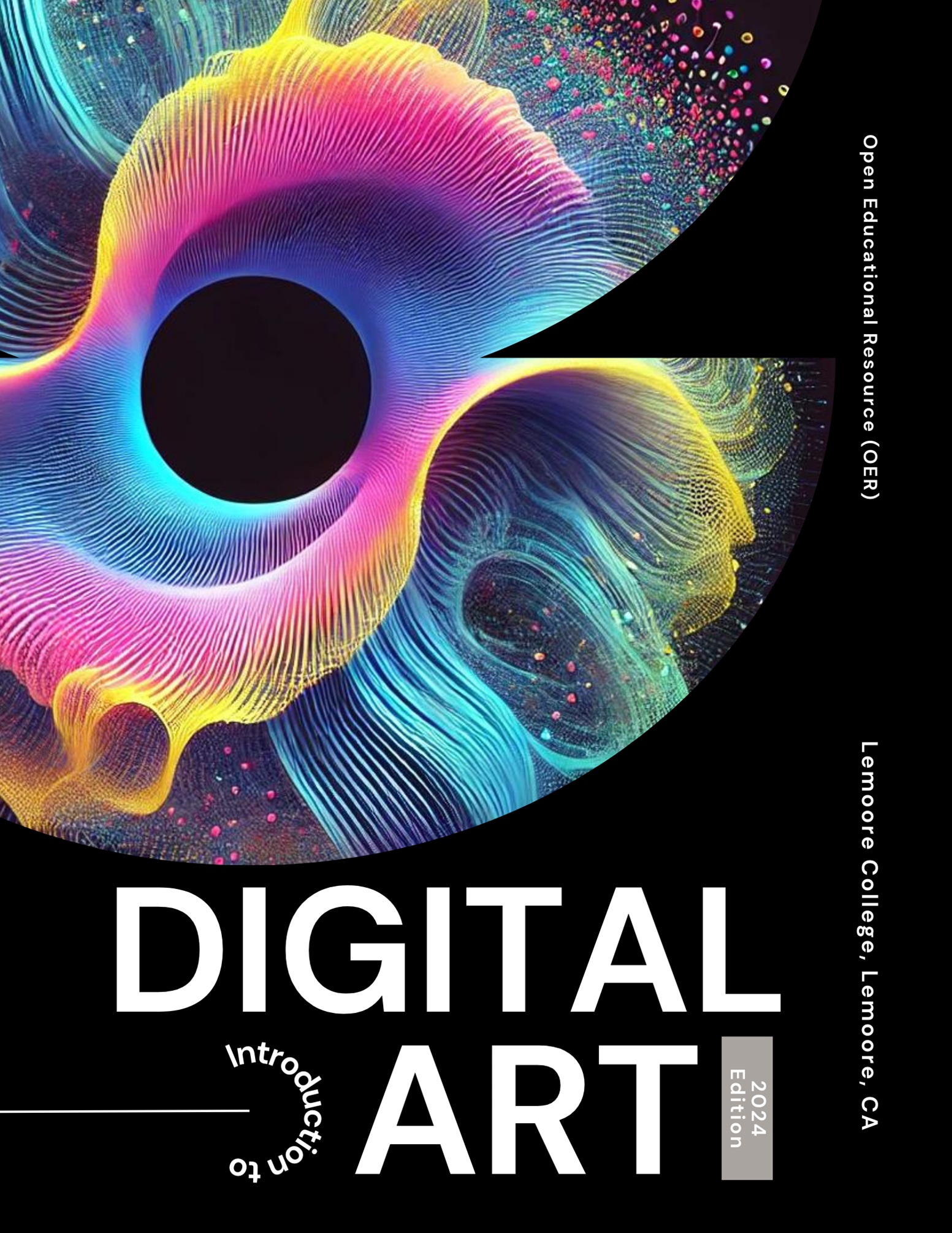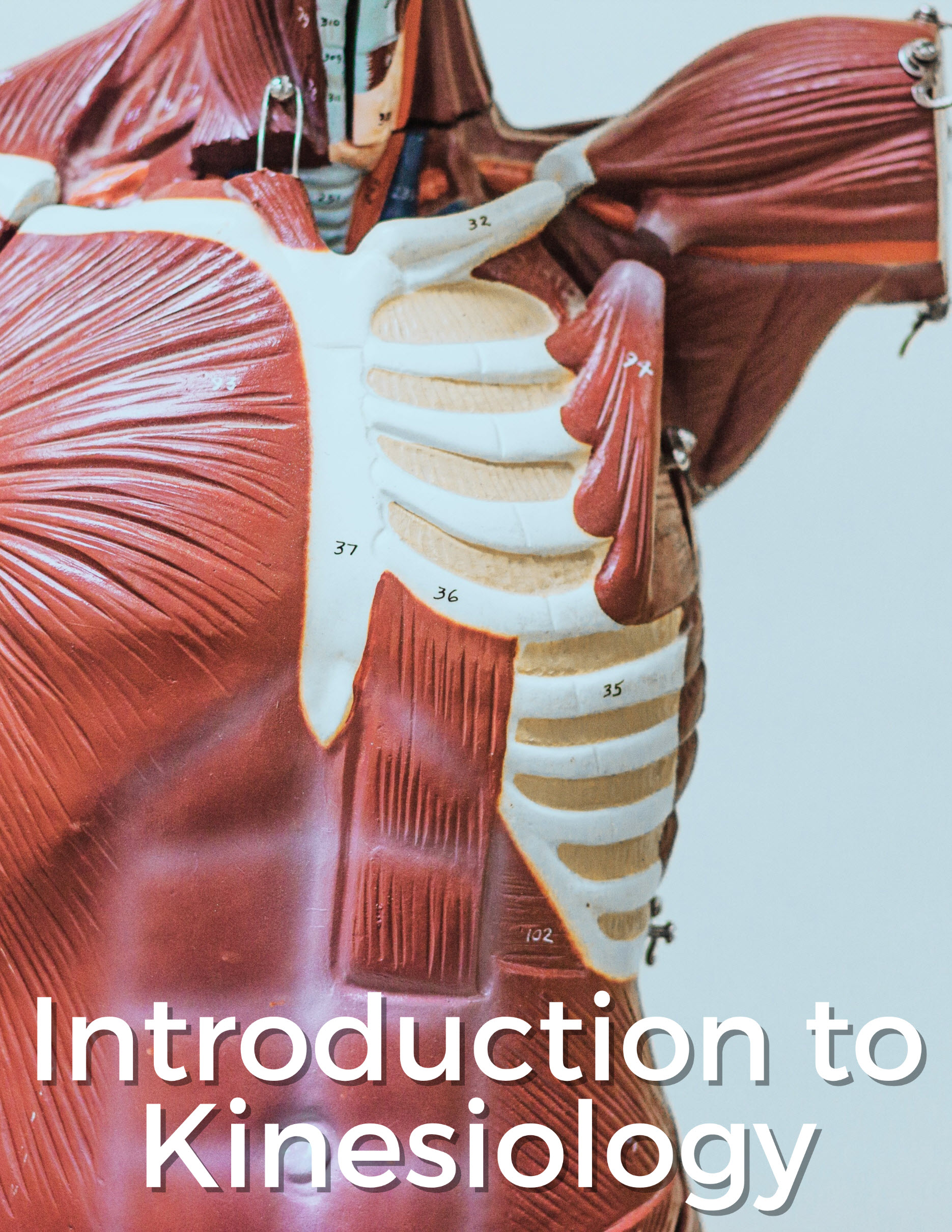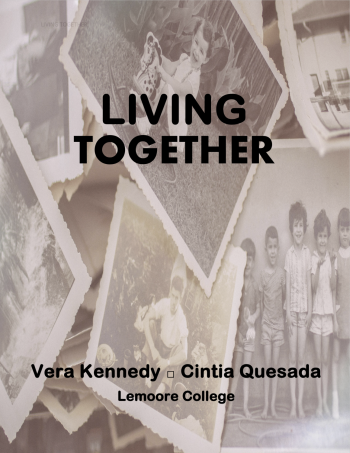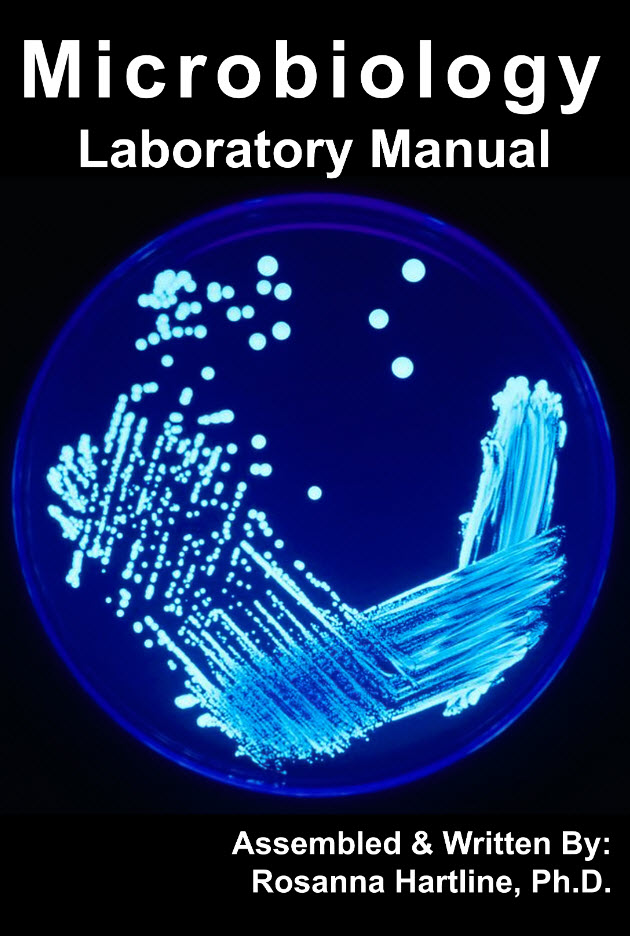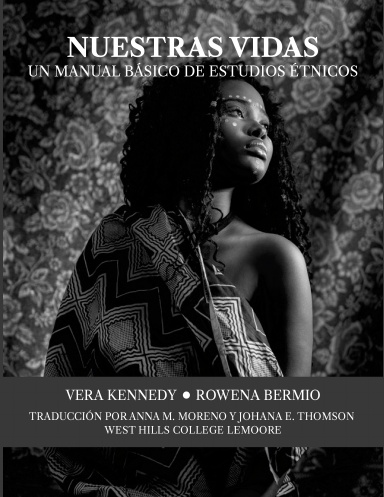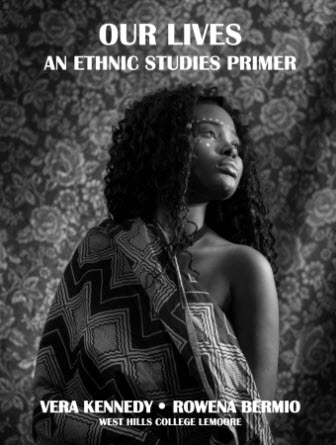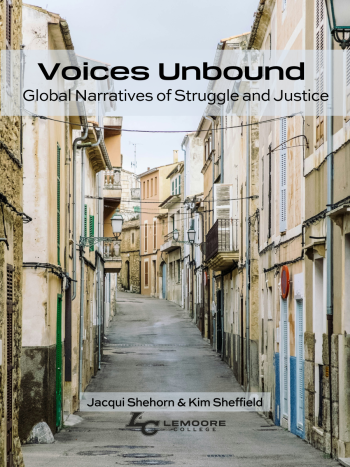The following openly licensed textbooks have been authored by Lemoore College faculty members.
2D Design Studio Handbook
David Brooks
CC BY-SAThis art book serves as a comprehensive guide for community college students entering the world of two-dimensional design. It begins with an introduction to the studio environment, including essential policies, procedures, and safety information. The text then explores the fundamentals of 2D art making, covering critique methods and the importance of maintaining a sketchbook. Students will gain a deep understanding of the elements of art and design, as well as the principles for organizing these elements in their work. A visual arts glossary and additional resources are provided to support further learning and development in 2D art.
Being Human: An Introduction to Western Culture
Jacqui Shehorn
CC BY-NC-SA 4.0This textbook guides students through an exploration of themes central to human experience, tailored for introductory humanities courses. Divided into five sections—Beauty, Love, Discovery, Conquest, and Freedom—it provides a multidisciplinary approach to understanding these concepts through history, philosophy, art, and music.
Beyond Race: Cultural Influences on Human Social Life
Vera Kennedy
CC BY-NC-SA 4.0Beyond Race: Cultural Influences on Human Social Life is supported by a discussion of relevant theory and research in cultural sociology. The book surveys multiple dimensions of culture and social stratification in the United States, including race, ethnicity, age, class, physical ability, religion, gender, and sexuality. The subject matter promotes cultural awareness aimed at building cultural intelligence. Attitudes and competencies emphasize theoretical perspectives, cultural change, and future trends in diversity. The book contains five modules with sociological applications: 1) Culture and Meaning, 2) Culture As A Social Construct, 3) Cultural Power, 4) Cultural Identity, and 5) The Multicultural World.
A Career in Sociology
Vera Kennedy
CC BY-NC-SA 4.0A Career in Sociology was written for introductory undergraduate courses on sociological practice. The book was designed for faculty and students searching for an open educational resource (OER) that provides sociological terms, concepts, and theories in the study of sociological practice. The book contains five modules with sociological applications on: 1) Careers in Sociology, 2) Theoretical Approaches in Practice, 3) Sociological Interventions, 4) Working with Diverse Groups, and 5) Preparing for a Career in Sociology.
Developing a Social Analytic Mind
Vera Kennedy and Cintia Quesada
CC BY-NC 4.0This textbook synthesizes six open educational resources to explore contemporary social issues through critical thinking and sociological perspectives. Covering topics such as the identification and definition of social problems, causes and consequences, social and economic inequalities, ecological disparities, and strategies for decision-making and activism, each module is enriched with updated data and figures. The compilation invites readers to engage actively with issues of race, gender, class, ecology, and policy analysis, aiming to foster transformative learning experiences in sociology.
Drawing Basics
Kristen Kennedy
CC BY-SA 4.0This introductory drawing textbook is a thorough introduction to drawing fundamentals. Part I covers drawing basics, including the importance of observation, traditional and modern media, and health and safety in the studio. Part II explores the visual elements of art, such as line, value, shape, spatial depth, texture, and color, providing detailed techniques and applications for each. Part III focuses on the creative process, including composition design principles, developing personal expression, and the art critique. With practical assessments, historical perspectives, and references for further reading, this textbook equips students with the skills and knowledge to excel in drawing.
Drawing Perspectives
Kristen Kennedy
CC BY-SA 4.0This drawing book is designed for community college students, offering a thorough introduction to the fundamentals and intermediate skills necessary for developing artistic proficiency. It begins with an overview of the importance of drawing in art, transitioning into detailed chapters on drawing media, tools, and surfaces. The text covers essential techniques, compositional concepts, and principles of design, while also addressing critical thinking, time management, and the drawing environment. Students will learn about linear and atmospheric perspective, creating the illusion of space, and refining their skills through practical assessments and sketchbook exercises. The book also emphasizes the importance of critique, providing methods for evaluating art and offering constructive feedback. Additional resources include studio safety guidelines, instructions for writing artist statements, and tips for creating a professional portfolio and curating art shows.
Human Anatomy Laboratory Manual
Rosanna Hartline, PhD
CC BY-NC-SA 4.0This text for undergraduate Human Anatomy instructional laboratories explores the structural organization of the human body: gross and microscopic structure of the integumentary, skeletal, muscular, nervous, sensory, endocrine, cardiovascular, lymphatic, respiratory, digestive, excretory, and reproductive systems, from cellular to organ system levels of organization. This course is primarily intended for nursing, allied health, kinesiology, and other health related majors. Each chapter contains background information, clear and understandable diagrams and images, hands-on and collaborative laboratory activities, and assignment questions.
Introduction to Digital Art
Kristen Kennedy
CC BY-SAThis textbook covers the fundamentals of digital creativity. The textbook aligns with introductory digital art courses, covering essential concepts, tools, techniques, and contemporary practices, including critiques and portfolio development. It provides an overview of color theory, digital techniques, and storytelling within the context of digital art and design. It introduces the diverse creative opportunities in various digital art and design industries, including entertainment, marketing, social media, publishing, fine arts (digital paintings and photography), and emerging art technologies (AI-generated art). Through practical exercises and examples, readers will develop the digital literacy and confidence necessary for success in the digital age, ready to explore new ideas and opportunities in the creative field. Being digitally literate is essential for anyone in the creative industry today. Mastering digital art and design will open up career and personal growth possibilities.
Introduction to Kinesiology
Rodney Ragsdale and Emily Schaefer
CC BY 4.0This textbook offers a comprehensive introduction to kinesiology, encompassing the philosophy, history, sociology, motor behavior, psychology, biomechanics, and physiology of physical activity and sport. It guides readers through essential concepts and research methods while emphasizing the importance of professional development, ethical standards, and career opportunities in the field. Each chapter is supported by resources for further study, providing a well-rounded understanding of kinesiology.
Living Together
Vera Kennedy and Cintia Quesada
CC BY-NC 4.0This sociology textbook explores the diverse dynamics of family structures, companionship, and intimacy through a comprehensive framework. Spanning topics from family development and theoretical perspectives to love, long-term relationships, and family wellness, each module integrates research ethics and the scientific method. Emphasizing communication, cultural diversity, and responses to family crises like substance abuse and domestic violence, this textbook offers a nuanced understanding of contemporary family life and its impact on societal well-being
Microbiology Laboratory Manual
Rosanna Hartline, PhD
CC BY-NC-SAThis text for undergraduate Microbiology instructional laboratories provides background, theory, and hands-on laboratory activities with instructor setup guides pertaining to a wide variety of microbiological approaches and topics. This manual is suitable for biology and health related majors and includes high-quality diagrams, photographs, and a project for identification of bacterial species.
Nuestras vidas: Un manual básico de estudios étnicos
Vera Kennedy and Rowena Bermio; Translation by Anna Moreno and Johana Thomson
CC BY-NCEste libro es una introducción o manual de estudios étnicos que enfatiza el enfoque interdisciplinario de la raza y la etnicidad, explorando las perspectivas de los principales grupos raciales subrepresentados en los Estados Unidos: nativos americanos, afroamericanos, asiáticoamericanos y latinoamericanos. Examina diversas experiencias socioculturales, intelectuales e históricas que informan sobre la construcción e interseccionalidad de la raza y la etnicidad, destacando los contextos culturales y políticos para evaluar los sistemas de poder, privilegio e desigualdad. Se enfoca en la justicia racial y social, proporcionando métodos para construir una sociedad equitativa. El libro consta de ocho módulos con ejercicios sobre el significado de los estudios étnicos, el poder e identidad, la historia de grupos específicos, las divisiones y el camino hacia adelante.
Our Lives: An Ethnic Studies Primer
Vera Kennedy and Rowena Bermio
CC BY-NC 4.0This book is an introduction or primer to ethnic studies emphasizing an interdisciplinary study of race and ethnicity as understood through the perspectives of major underrepresented racial groups, including Native Americans, African Americans, Asian Americans, and Latinx Americans in the United States. The book examines a broad range of sociocultural, intellectual, and historical experiences that inform the construction and intersectionality of race and ethnicity. An analysis of cultural and political contexts serves to evaluate systems of power, privilege, and inequality. Emphasis is placed on racial and social justice with methods for building a just and equitable society. There are eight modules with exercises on: 1) The Significance of Ethnic Studies, 2) Our Power & Identity, 3) Our Story: Native Americans, 4) Our Story: African Americans, 5) Our Story: Asian Americans, 6) Our Story: Latinx Americans, 7) Our Divisions, and 8) Our Way Forward.
Voices Unbound: Global Narratives of Struggle and Justice
Jacqui Shehorn and Kim Sheffield
CC BY 4.0Voices Unbound: Global Narratives of Struggle and Justice is a collection that brings together diverse stories, essays, poems, and plays from around the globe, each contributing to a dialogue on social justice. The textbook emphasizes the liberation of voices that have been historically marginalized, silenced, or oppressed, encouraging readers to explore a wide range of perspectives and experiences. By highlighting global narratives, the text points to the universality of the struggle for justice, while also honoring the specific cultural, historical, and personal contexts of each contribution. This OER aims to provide an opportunity to educate, inspire, and empower readers to engage with social justice issues through the power of literature.
